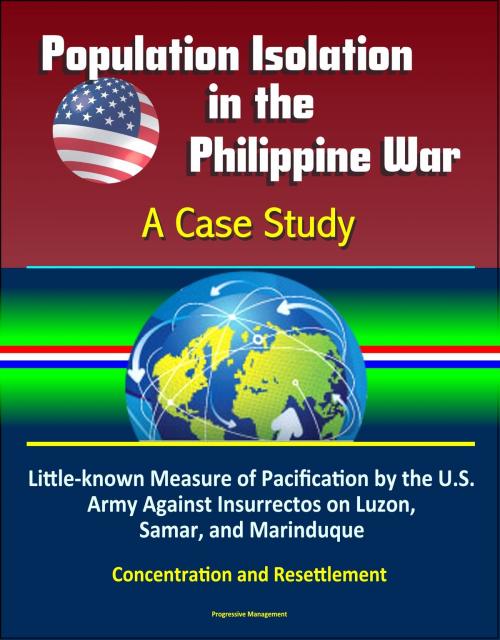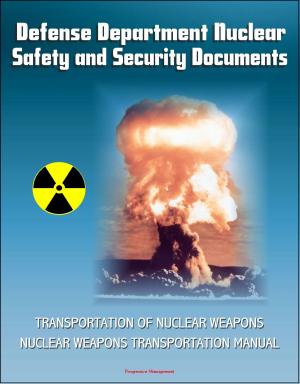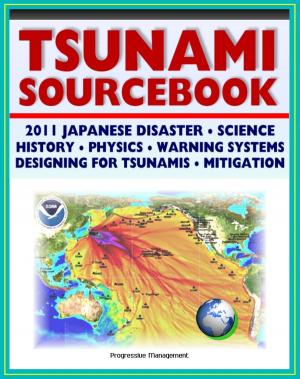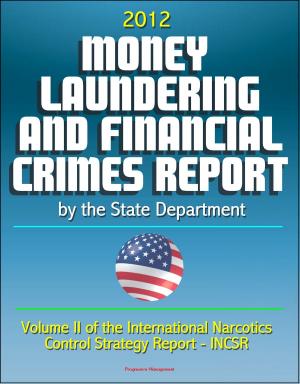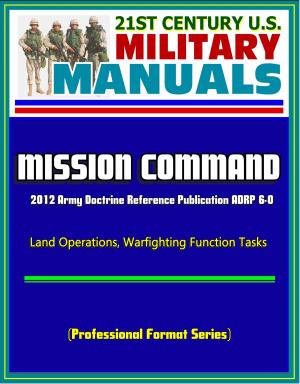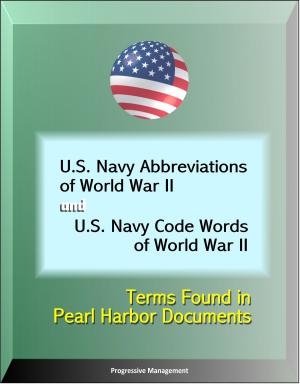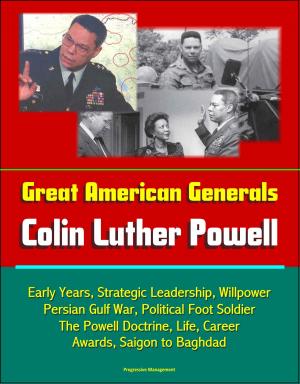Population Isolation in the Philippine War: A Case Study - Little-known Measure of Pacification by the U.S. Army Against Insurrectos on Luzon, Samar, and Marinduque, Concentration and Resettlement
Nonfiction, History, Military, United States, Social & Cultural Studies, Political Science, International| Author: | Progressive Management | ISBN: | 9781370689699 |
| Publisher: | Progressive Management | Publication: | February 11, 2017 |
| Imprint: | Smashwords Edition | Language: | English |
| Author: | Progressive Management |
| ISBN: | 9781370689699 |
| Publisher: | Progressive Management |
| Publication: | February 11, 2017 |
| Imprint: | Smashwords Edition |
| Language: | English |
This excellent report has been professionally converted for accurate flowing-text e-book format reproduction. This monograph describes population isolation as a measure of pacification during the Philippine War. The US military applied population isolation to achieve the political and military objectives of winning this war. The employment of population isolation took many different forms on the islands of Luzon, Samar, and Marinduque. A discussion covering these areas, with a focus on the leaders, duration, and level of intensity will help in understanding the breadth of population isolation in the Philippines. Slightly over half of the provinces in the Philippines had conflict between the Americans and the insurrectos. Areas of concentration occurred in a minority of those provinces. Scholarly works have discussed population isolation during the Philippine War, but none encapsulates the details and the differences of this process in a single literary work.
Introduction * Definition of Population Isolation * Literature Review * 1. Outline of the Philippine War * 2. Population Isolation Prior to the Philippine War: Experience in the US Army * 3. Population Isolation in the Philippines * Luzon * Samar * Marinduque * 4. Conclusion
Poorly documented and largely unstudied, population isolation during the Philippine War remains highly controversial. Concentrating civilians led to much debate during operations in 1901 and 1902. Numerous Americans exposed to standard education in the United States, including those with some exposure to history at higher levels, will not learn about population isolationism in the Philippines. A key textbook in the 1990s and turn of the 21st Century that taught US Army cadets about American military history did not mention this controversial yet effective technique of population isolation that helped bring an end to the fighting. Some collegiate surveys of American history textbooks do not address the concentration of civilians during the Philippine War. Some historical textbooks that do mention population isolation in the Philippine War do not explain substantial reasons for such extreme measures. This analysis will serve as a case study on the application of population isolation during the Philippine War.
This excellent report has been professionally converted for accurate flowing-text e-book format reproduction. This monograph describes population isolation as a measure of pacification during the Philippine War. The US military applied population isolation to achieve the political and military objectives of winning this war. The employment of population isolation took many different forms on the islands of Luzon, Samar, and Marinduque. A discussion covering these areas, with a focus on the leaders, duration, and level of intensity will help in understanding the breadth of population isolation in the Philippines. Slightly over half of the provinces in the Philippines had conflict between the Americans and the insurrectos. Areas of concentration occurred in a minority of those provinces. Scholarly works have discussed population isolation during the Philippine War, but none encapsulates the details and the differences of this process in a single literary work.
Introduction * Definition of Population Isolation * Literature Review * 1. Outline of the Philippine War * 2. Population Isolation Prior to the Philippine War: Experience in the US Army * 3. Population Isolation in the Philippines * Luzon * Samar * Marinduque * 4. Conclusion
Poorly documented and largely unstudied, population isolation during the Philippine War remains highly controversial. Concentrating civilians led to much debate during operations in 1901 and 1902. Numerous Americans exposed to standard education in the United States, including those with some exposure to history at higher levels, will not learn about population isolationism in the Philippines. A key textbook in the 1990s and turn of the 21st Century that taught US Army cadets about American military history did not mention this controversial yet effective technique of population isolation that helped bring an end to the fighting. Some collegiate surveys of American history textbooks do not address the concentration of civilians during the Philippine War. Some historical textbooks that do mention population isolation in the Philippine War do not explain substantial reasons for such extreme measures. This analysis will serve as a case study on the application of population isolation during the Philippine War.
